What Are the Health Complications of Diabetes?
This post was reviewed by our Director of Clinical Excellence and Oversight.

Know Your Numbers
People living with diabetes have trouble processing blood sugar (glucose), either because they don’t produce enough insulin, or because their insulin doesn’t work as well as it should. Your doctor will give you a glucose target range that is particular to you. Staying in the ideal range is a matter of balancing food, activity, and medicine.
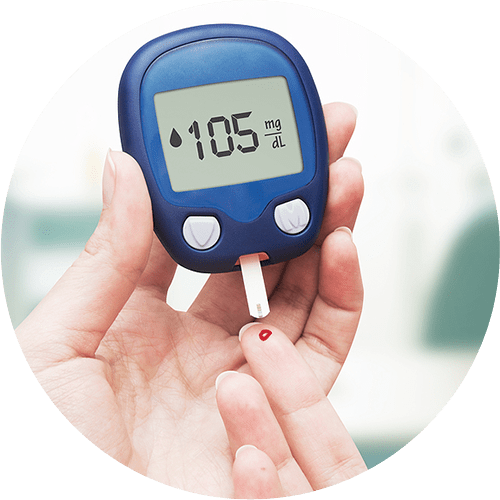
You’ll also want to be aware of your A1C, which is a simple blood test that reflects your glucose level over the past three months. It’s a good indicator of how well you’re managing your diabetes.
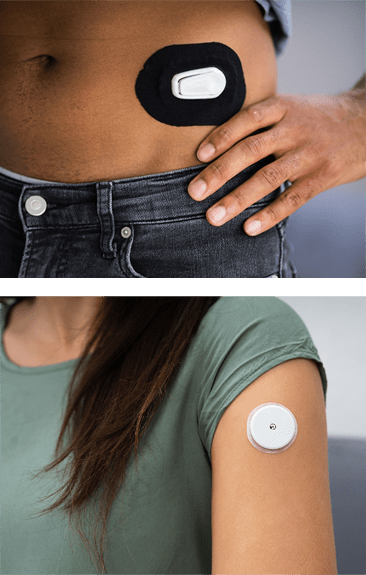
Diabetes and Cardiovascular Health
People living with diabetes are twice as likely as others to have heart disease or a stroke. In fact, cardiovascular disease, or CVD, is the leading cause of death for adults with diabetes. While the medical experts don’t know all the reasons, they do know that too much glucose damages arteries and blood vessels. That can lead to heart disease or stroke.
Sometimes, people with diabetes have inflammation in the lining of their arteries. This can cause a buildup of plaque, reducing blood flow. Blood clots, also more common among people with diabetes, are another concern. A clot that blocks the arteries bringing blood to the heart can cause a heart attack. If a blood clot keeps blood from reaching the brain, a stroke may result.

Diabetes and Eye Health
Eye problems often affect people with diabetes. That’s why it’s so important to have regular appointments with a vision specialist. Glaucoma, caused by a build-up of pressure in the eye, is one risk. When pressure “pinches” blood vessels, blood does not flow properly, and vision can be lost. Especially when it’s found early, glaucoma can usually be managed with medicine or, sometimes, surgery.
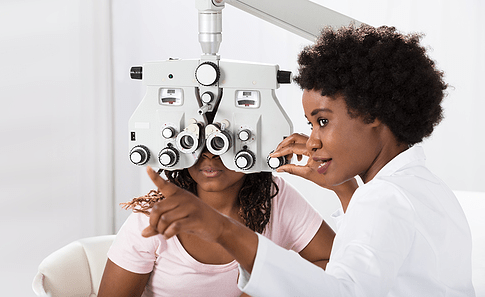
Diabetes and Foot Health
If you’ve lived with diabetes for a while, you know it’s important to regularly check your feet for sores that don’t heal as they should. This is especially important in cold weather when you don’t see as much of your tootsies as you do during flip-flop season.
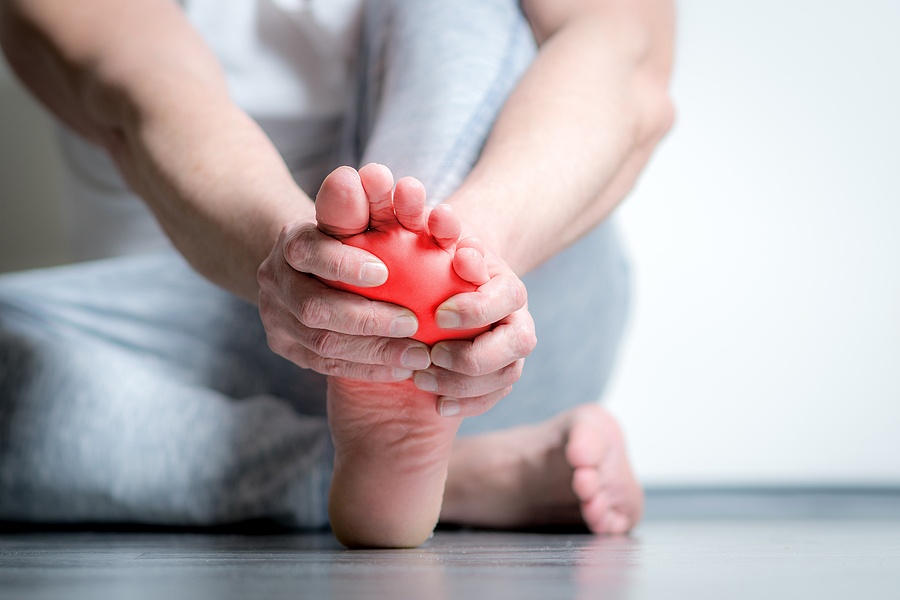
Diabetic-related nerve damage can reduce a person’s ability to feel pain in their feet. If a small cut goes unnoticed, it can become infected. Poor circulation related to diabetes can also cause foot problems. Keep in mind that foot ulcers come with scary consequences: 14% to 24% of people with diabetes who develop a foot ulcer ultimately have an amputation. Find out more about diabetic foot ulcers in our blog, What is a Diabetic Foot Ulcer?
Diabetes and Oral Health
Tooth decay is a problem for people with diabetes because they have excess sugar in their saliva. When mixed with food, the saliva feeds bacteria and causes decay. Gum disease is also a concern. Symptoms of gum disease include swollen and tender gums, bleeding while brushing or flossing, receding gums, loose teeth, and bad breath.
You can avoid these problems with good dental hygiene. Brush twice and floss daily; if you wear dentures, remove and clean them every day. Visit your dentist regularly and be sure to note any areas of soreness. If your gums are swollen or bleeding, be sure to see your dentist.
Stay Aware and Stay Well
Besides the conditions above, other possible health effects of high blood glucose can include:
- Low energy
- Dry, cracked skin
- Extreme thirst
- Sweet-smelling breath
- Ketoacidosis (high levels of ketones)
- Kidney disease
- Nerve damage (diabetic neuropathy)
- Hearing loss
- Excessive urination
Keeping your glucose levels under control is the key to avoiding complications that can be brought about by your diabetes. Here are some steps that can help you stay healthy.
- Always follow your care plan for food, medication, and exercise.
- Keep appointments with your primary care provider, and with any specialists such as the endocrinologist (diabetes doctor), eye doctor, dentist, dermatologist, and podiatrist.
- Become the master of your own body. Pay attention to any new or unusual symptoms. Speak up if something “just doesn’t feel right.”
- Don’t smoke, and if you do, stop!
- Learn all you can about diabetes, but don’t let it take over your life.
- Pay attention to your mental health. If living with diabetes has you worried or feeling down, talk to a close friend or a member of your healthcare team. You might also want to consider joining a diabetes support group.
Let HCD Do the Rest
Another way to make things easier on yourself is to have the products you need on hand. HCD is your go-to source for insurance-covered medical supplies for diabetes, including blood glucose monitors, test strips, insulin pumps, Continuous Glucose Monitors (we carry Dexcom and FreeStyle Libre CGMs), as well as products for incontinence, wound care, and other needs.
HCD product therapy experts partner with your healthcare team and insurance company to provide the supplies that best meet your needs. We handle the paperwork and discreetly ship your order right to your door!

Get Insurance-Covered CGM & Diabetes Supplies
Monthly Deliveries | We Handle the Paperwork
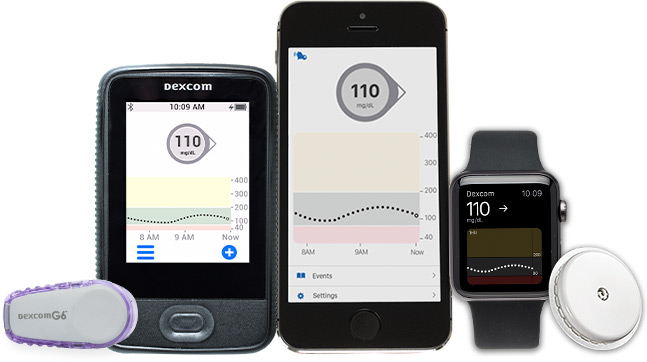
Disclaimer:
Unless otherwise noted, the recommendations in this document were obtained from the sources indicated. Be advised that information contained herein is intended to serve as a useful reference for informational purposes only. HCD cannot be held responsible for the continued accuracy of or for any errors or omissions in the information. All trademarks and registered trademarks are the property of their respective owners.
